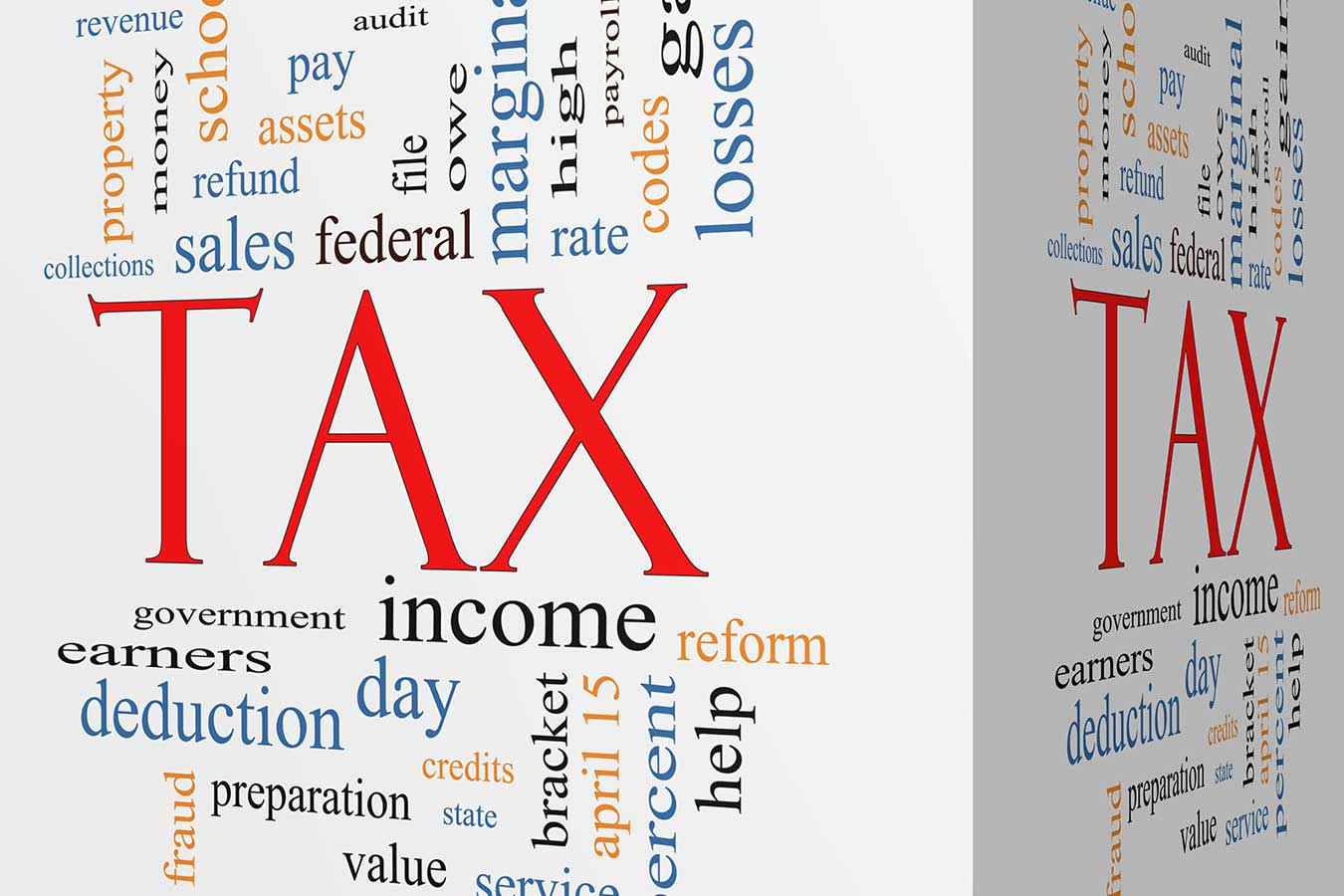By Drew Hinrichs, CPA, CEO of Engage Advisors
Whether you own a dental practice or are a recent graduate, this year’s tax code changes will affect you. Here a few things to watch out for in 2023.
Soaring Inflation Triggers Across the Board Adjustments
The annual inflation rate in 2022 was higher than any time since 1981. As a result, the IRS announced the largest inflation adjustment for individual taxes in decades. In 2023, anything in the tax code that’s pegged for inflation will change by 7%. The increases affect everything from retirement and estate planning to personal and corporate income tax brackets.
Standard Deduction Increases
The standard deduction is going up. For married couples filing jointly, the standard deduction for 2023 is $27,700, up from $25,900 in the 2022 tax year, an increase of $1,800. For single taxpayers and married individuals filing separately, the standard deduction is set at $13,850 in 2023, compared with $12,950 last year.
Clean Vehicle Credit
The Inflation Reduction Act offers a variety of credits for green vehicles. The Act extends the Clean Vehicle Credit through the end of 2032, so you have a few years to take advantage of it. The legislation changes some eligibility rules and creates new credits for previously owned vehicles and qualified commercial clean vehicles.
Tax credits for qualified plug-in EV or fuel cell electric vehicles (FCV) include:
- $7,500 for the purchase of new, qualified clean vehicles
- $40,000 for vehicles over 14,000 pounds
- Up to 30% of a used electric vehicle’s cost or $4,000, whichever is greater.
For single or married taxpayers filing separately, the adjusted gross income (AGI) limit is $150,000. Heads of household have a $225,000 limit, and taxpayers who are married filing jointly and surviving spouses have a $300,000 AGI limit. Used vehicle buyers receive a tax credit based on smaller income limits.
Key Credits Return to 2019 Levels
While there are new tax credits to take advantage of this year, some credits will decrease. In 2023 the amounts for the Child Tax Credit (CTC), Earned Income Tax Credit (EITC), and the Child and Dependent Care Credit return to pre-COVID levels. The enhanced CTC returns to $2,000 per child dependent for the 2022 tax year, down from $3,600 last year. The other big change to the CTC is that it’s no longer refundable. That means taxpayers won’t receive the full credit if it’s larger than the tax they owe.
Avoid Double Taxation for Business
In 2023, corporate business owners continue to be double taxed—paying corporate taxes and personal taxes. But you can avoid double taxation by organizing your businesses as a pass-through-entity, such as an S corporation or a limited liability company (LLCs). There is no federal corporate income tax on business income for these entities. Instead, profits flow through to the individual tax returns of owners, so you only pay income tax once at the individual tax rate. Sole proprietorships and partnerships also avoid double taxation and receive flow-through treatment, but these two business structures do not provide limited liability. Sole proprietors and partners may be personally liable for claims against their businesses.
Pass Through Income
Owners of some pass-through businesses can now take a deduction of up to 20% of qualified business income—plus 20% of qualified real estate investment trust (REIT) dividends and qualified publicly-traded partnership (PTP) income. This tax break phases out for single taxpayers at $170,050 of taxable income, and for married taxpayers at $340,100—not including the qualified business income deduction. Above these thresholds, the deduction is based on whether you are a specified service trade business (SSTB), which includes dental practices. The pass-through provision will expire in 2026 unless Congress votes to make it permanent.
Tax Energy Credits for Small Business Owners
The Inflation Reduction Act also includes new provisions that will help small businesses reduce energy costs. Small businesses can receive a tax credit that covers 30% of the cost of switching to solar power, 30% of purchase costs for clean commercial vehicles, including electric and fuel cell models, and a $5 per square foot tax credit for energy efficiency improvements.
Section 179
If you own business property, Section 179 permits you to shelter taxable income from your real estate operations through accelerated depreciation deductions on different components of the property, such as furniture, carpeting, landscaping, or sidewalks. In 2023, the limit has increased to $1,160,000 and phases out at $2,890,000.
Within these guidelines, Section 179 also allows for immediate 100% expensing of qualified improvement property placed in service from tax years 2018 through 2022. This provision begins to phase out in 2023, when there is a maximum of 80% expensing allowed. Improvements include:
- Any improvement to a building’s interior, but not building enlargements, elevators and escalators, or changes to the internal structural framework of the building, and
- Roofs, HVAC, and security and fire alarms.
Decreased Deductions for Meals and Entertainment
In an effort to boost the restaurant industry during the pandemic, business meals from restaurants were 100% deductible for both 2021 and 2022. In 2023, deductions will revert back to the pre-pandemic norm of 50%. Entertainment expenses remain non-deductible.
Consult a Dental CPA
Each tax situation is unique. To be sure you’re taking advantage of all the tax savings you’re entitled to, contact Engage Advisors. Our team of dental CPAs is up to date on current tax law, so you won’t miss any of the opportunities to reduce your tax liability. We’ll help you implement the right tax-saving strategies for your business and work with you to create a plan that minimizes your obligations so you can build a financially healthy practice.

